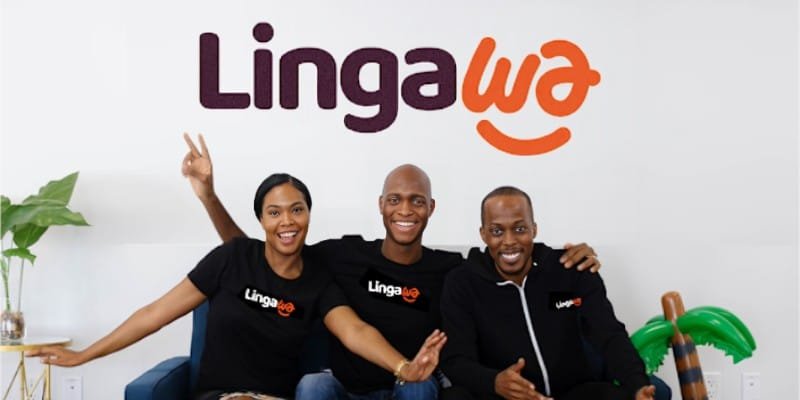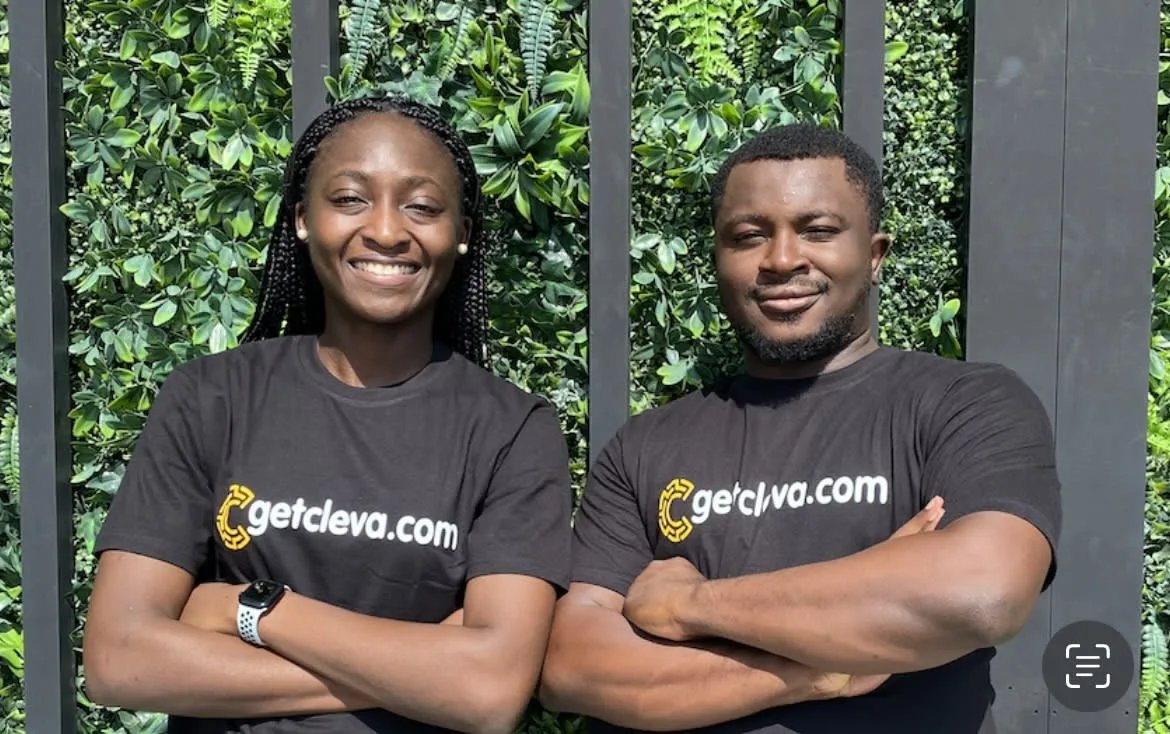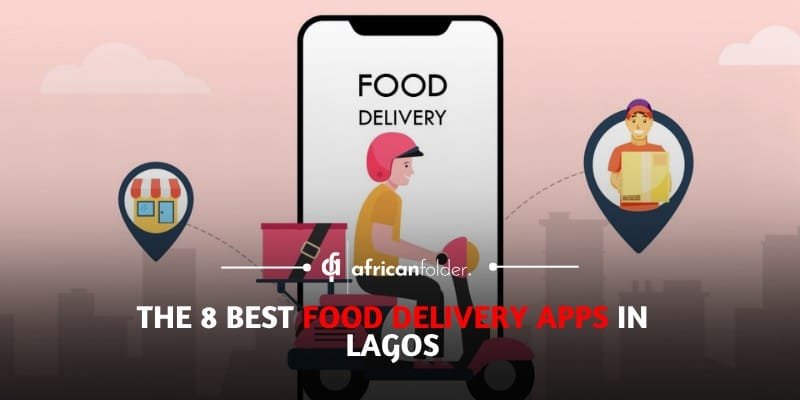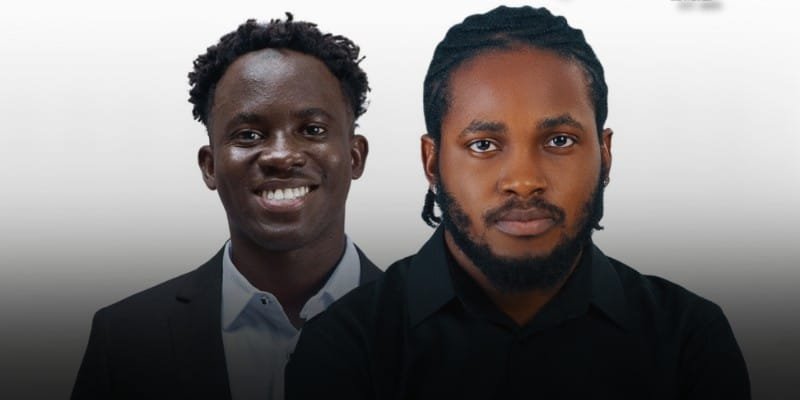Lingawa, an edtech startup with roots in Techstars, is embarking on an exciting new journey, rebranding from its original name, TopSet, and pivoting from academic tutoring to a more culturally significant mission: preserving and teaching African languages. The company’s fresh focus on language learning, with an initial focus on Yoruba and Igbo, comes with a robust $1.1 million in pre-seed funding, secured from investors like Zrosk, Voltron Capital, Weav Capital, Kaleo Ventures, and the MasterCard Foundation, alongside key angel investors including Guy Futi and Dolapo Adejuyigbe.
Lingawa’s new direction is aimed at bridging a critical gap for Africa’s diaspora, where millions of people struggle to maintain fluency in their native tongues. According to Lingawa’s CEO and co-founder, Frank Williams, this challenge is more widespread than most realise, particularly among the estimated 20 million Africans living outside the continent, many of whom have lost touch with their native languages due to cultural disconnection and external influences. With plans to expand into languages such as Swahili, Zulu, and Arabic by 2025, Lingawa’s mission is both ambitious and timely, tapping into a $45 billion market for language education in frontier markets.
Unlike other education businesses on the continent, the company aims to create a more scalable model by focusing on both students and educators. The company’s revolutionary strategy entails training native speakers and providing them with a systematic, five-level curriculum for teaching African languages. By providing online language learning customised exclusively for the diaspora, Lingawa seeks to fill a large market vacuum while also creating economic opportunities for African teachers.
The global language learning sector is flourishing, with revenues expected to exceed $190 billion in the next five years, and Lingawa is carving out a position in Africa. According to Williams, by focusing on the diaspora, Lingawa might produce large foreign currency revenue, thereby mitigating the economic impact of devaluation in markets such as Nigeria. To meet the different demands of its customers, Lingawa offers flexible subscription plans ranging from monthly payments to bulk purchases, as well as a “teaser” option for new users.
Lingawa’s success is also underscored by its innovative approach to supporting its educators. For instance, the company introduced a buy-now-pay-later program, allowing tutors to purchase the necessary devices for teaching and repay in instalments based on their earnings from the platform. The initiative has seen remarkable success, with a zero percent default rate to date.
What sets Lingawa apart from its competitors, such as Izesan, Preply, and Italki, is its emphasis on cultural immersion and community-building. The platform is designed to offer a gamified learning experience, encouraging both students and teachers to engage in a way that’s fun, intuitive, and deeply connected to African heritage. Lingawa is building a robust ecosystem that will not only help preserve African languages but also foster pride in these linguistic identities.
Lingawa’s intentions extend beyond the diaspora to reach learners within Africa as well, making African language instruction available to millions of students and professionals seeking to reconnect with their history or further their professions through multilingualism. The organisation has also made strides to ensure that learning is inclusive, providing resources to help students at every level of their educational journey.
With a substantial cash injection from its new investors, Lingawa is poised for rapid growth. The company plans to reach 1 million learners in the long term and house a network of 100,000 tutors, establishing itself as a leader in the African language education space. The focus on teacher training, learner engagement, and technology-driven content positions Lingawa as a standout player in the global edtech landscape.















